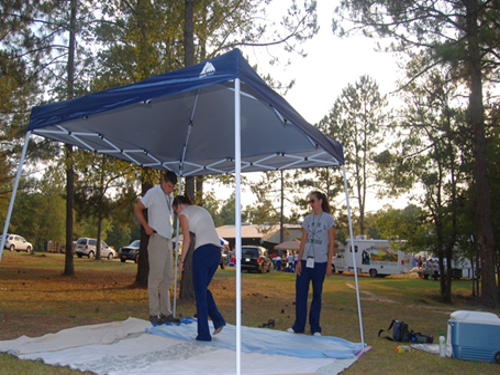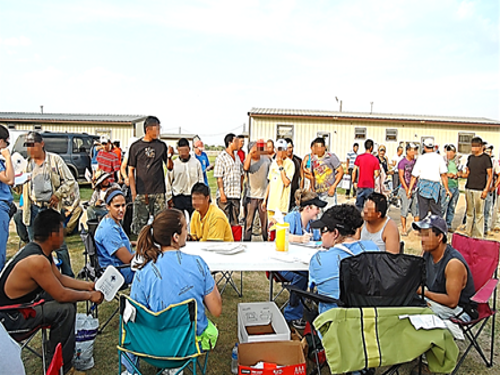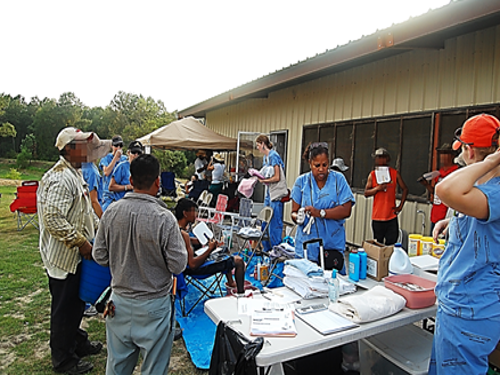Problem. A range of diseases of poverty, loosely termed neglected tropical diseases (NTDs), lead to mortality and morbidity in vulnerable populations worldwide.
Goal. Our goal is to develop and evaluate interventions for local and national programs that improve detection and reduce mortality and morbidity due to various parasitic diseases that affect Latin Americans in their home countries and when they migrate to the United States (US).
Applied research. Our results are used to identify mechanisms of immune protection and treatments of Chagas disease (caused by the protozoan Trypanosoma cruzi). We are especially interested in improving, for US-based Latin American immigrant populations, access to care for the diagnosis, detection, and treatment of NTDs (e.g. Chagas disease, Cysticercosis (caused by the helminth T. solium) and Leishmaniasis (caused by the protozoan Leishmania) that they may have acquired prior to coming to the US. We are also interested in training health providers on understanding NTDs specific to Latin American immigrants and in delivering cultural competent care. We use a combination of epidemiologic, clinical, immunologic, and community-based approaches to address our goal.
Partnerships. We share our results with important stakeholders including the Division of Parasitic Diseases and Malaria and Minority and Women’s Health at the Centers for Disease Control and Prevention, various Hispanic/Latino organizations (e.g. Latin American Association, Lifting Latina Voices Initiative, Hispanic Health Coalition of Georgia) and Consulates (Mexico, Guatemala, Honduras, etc.) in Atlanta. We have received funding from private foundations towards this work.
All photos of individuals were deidentified or consents were obtained.





